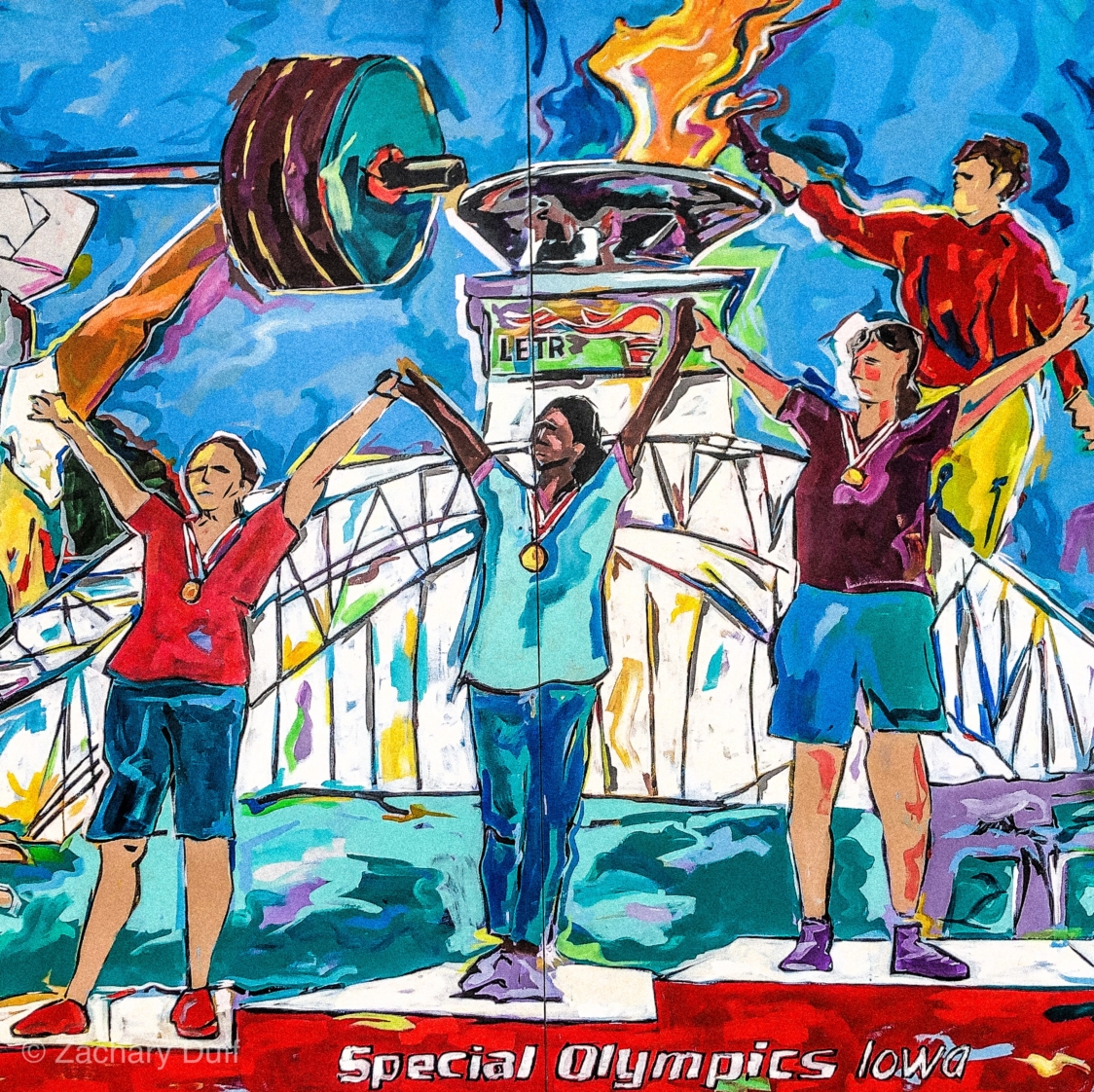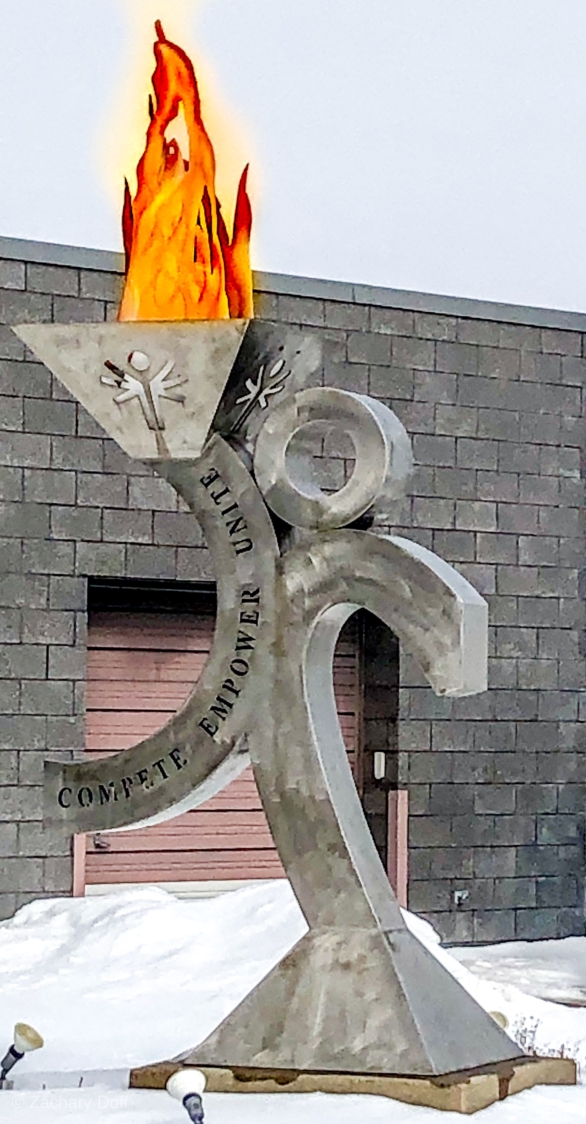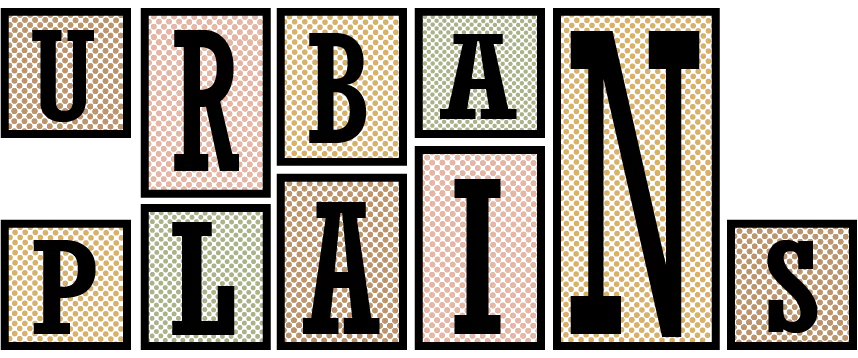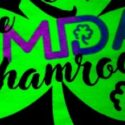Organizations for people with diseases and disabilities allow sense of community to develop in various communities
Connecting with people isn’t always easy, especially in childhood. When someone has a disease or disability that marks them as different, this connection can be even harder.
Brette Dowson, the development director of the Muscular Dystrophy Association (MDA), is one person who tries to make lives easier for children with disabilities. The MDA treats 43 different diseases, including Amyotrophic Lateral Sclerosis (ALS).
“Every disease that the MDA covers is considered a rare disease,” Dowson says. “Nobody else in [the child’s] school that is going through exactly what they are going through and that can be incredibly isolating.”
Because of this isolation, the MDA works to allow children opportunities to connect with their fellow peers who are going through similar situations.
“My favorite thing that I get to talk about that the MDA does is summer camp,” Dowson says. “The MDA summer camp is available to kids diagnosed with muscular dystrophy ages 8 to 17. For a lot of these kids, MDA summer camp is the only time all year that they get to go swimming.”
“It’s preparing them to go to college, get a job, live independently,” she continues. “A lot of times they have never had anyone other than mom or dad take care of them and help them with simple things like putting their shoes on to more elaborate needs like taking a shower or going to the restroom.”
Along with preparing campers for independent living, the camp creates a lasting bond for many of the participants.
“Being at MDA summer camp where everyone has similar experiences and similar struggles, it just lets them know that they are not alone and that there is somebody that can relate to them and that can hold their hand and be a friend and can be a support through that,” Dowson says.
This connection to the camp brings many of the former participants back as counselors, who are then able to share their own stories of triumph to younger campers.
“One girl that has a very special place in my heart recently got her driver’s license and is able to drive an adaptable vehicle,” Dowson explains. “It shows the other younger kids that look up to them ‘Hey, I can do that too. My life doesn’t have to be defined by my muscle disease.’”
This sense of community for people with diseases and disabilities can go beyond places where they live in the same quarters as well. Another organization that helps individuals with diseases or disabilities form special relationships at is the Special Olympics, which seeks to give athletic opportunities to those who do not usually have the ability to do so.
“This gives them the opportunity to stay healthy, stay fit, and then also have the opportunity to compete and build those characteristics that go along with having that competition, throughout the year,” says Karen Whitman, the marketing and communications coordinator at Special Olympics Iowa.

Along with giving participants a sense of victory when they win events, the Special Olympics also becomes an area where many participants can bond and keep tabs on fellow participant’s lives.
“Athletes that are involved in Special Olympics are given the opportunity to build friendships that they will have for their entire lives,” says Whitman. “It will help them to interact with people that they would normally wouldn’t interact with which will help them build those friendships and build those opportunities to grow as an individual.”
Along with giving athletes healthy bodies, the organization gives them healthy social lives as well.
“At almost all of our bigger statewide events we have dances and banquets and things that they can participate in and it’s awesome to see them dancing and laughing and sharing stories and everything with other athletes from all across the state,” she continues. “[T]hey would never have had that opportunity had they not become part of Special Olympics.”
The comradery that is built derives naturally from being involved with activities like the Special Olympics, Whitman contends.
“The human race is very much so a community-based personality,” Whitman says. “Them having the opportunity to have a friend that they can call whenever something comes up, or they can run these by or even find a job where they can work beside someone who helps them continue to grow in the community by giving them the strength and courage to step out of their comfort zone.”

Karen Whitman of Special Olympics Iowa says the community that is developed from bonding at the Special Olympics can allow participants to step out of their comfort zones in their own lives.
Photography by: Zachary Duff

